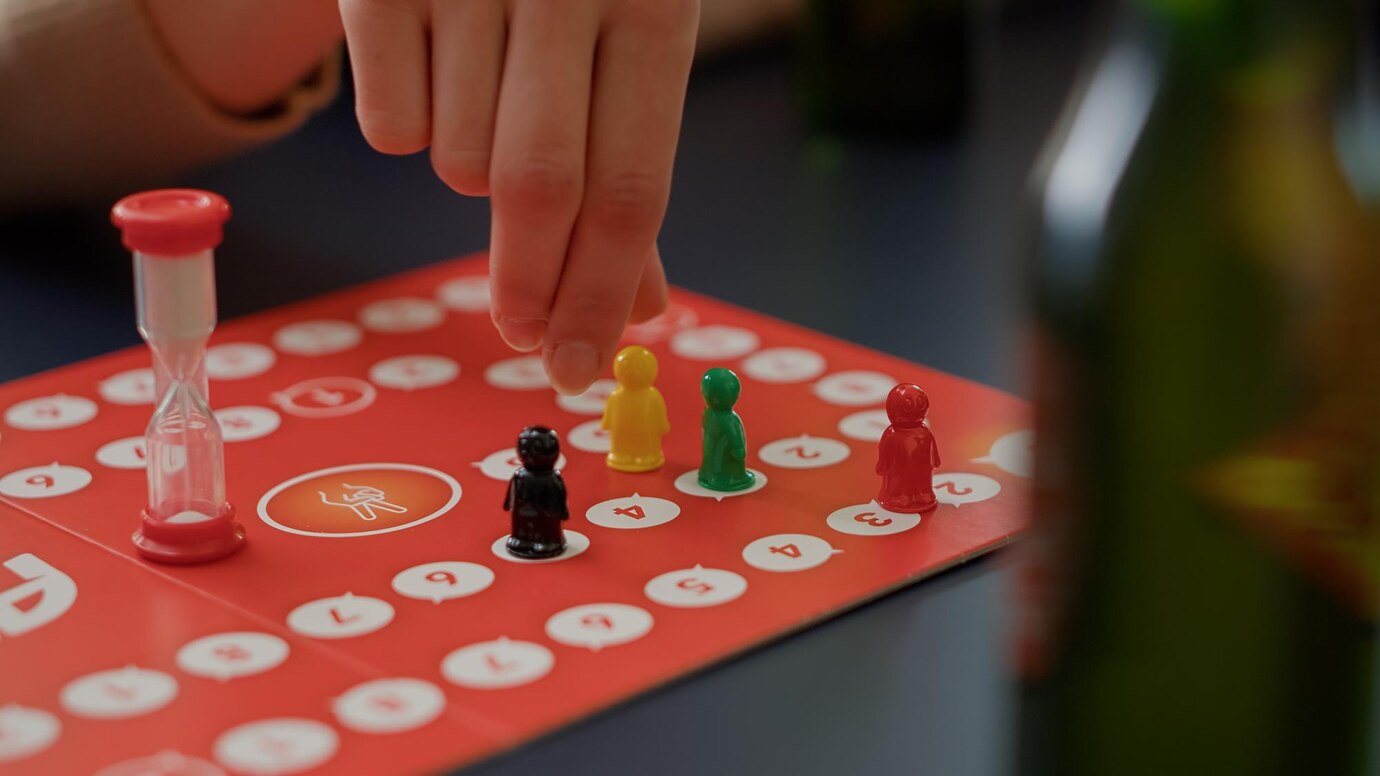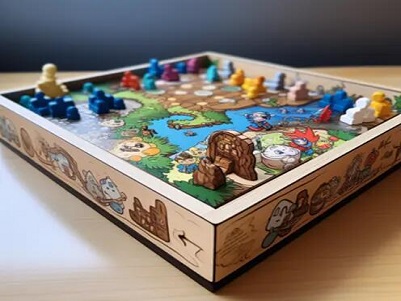
In the increasingly booming market of board games, game development companies are emerging rapidly, offering traditional offline games like Go, Chess, and Mahjong, as well as modern derivatives such as fishing games and poker. With board games gaining popularity, what kind of board game development company can be considered trustworthy? Operators often find it challenging to make the right choice even after careful consideration.
Game Development Project Experience is Essential
For a reputable board game development company, mature chess technology is crucial. Emphasizing originality during the development process helps avoid similarities in rules and gameplay. Additionally, checking the company's registration time on platforms like Tianyancha and looking for any changes can provide insights into the company's stability and experience, often built over decades.
Board Companies Should Have Software Copyright Certificates
This is crucial. After selecting a board game development company, it's essential to request a software copyright certificate for a specific game. Reputable companies usually possess such qualifications, and the absence of a certificate may indicate a lack of originality and potential issues like frequent game bugs and lag. It's advisable to avoid companies that cannot provide this certification.
Consider After-Sales Service Support
After selling any game product, providing after-sales service for at least one year is mandatory according to regulations. Some board game companies may claim to stop providing support after selling the source code, leading to issues like frequent game bugs and lag. It's recommended to avoid such companies.
Evaluate the Credibility Of Board Game Development Prices
While market prices are a factor, the reasonableness of the pricing should not solely depend on market rates. Instead, consider the company's expertise, technical aspects, and potential value behind developing a specific game. It's advisable to experience the game and assess its potential value before focusing solely on market prices.

Choose the Right Collaboration Model
For local board games, the collaboration model differs from traditional ones. Rather than seeking customized local board games, opting for a cooperative model where the development company manages the game's operation and maintenance while the operator focuses on promotion is more convenient and less demanding.
Select the Right Local board game Product
Local board game products, with their regional characteristics, present a market opportunity. Before developing a board game, conduct local market research to analyze existing products and explore potential gaps. If a unique local card game is available, consider developing a local Mahjong game.
Choose the Right Promotion Path
Traditional online promotion methods may not be sufficient for local board games. The current trend involves models such as room card and coin systems, relying on promotion through friends and acquaintances. Combining online and offline promotion methods, including partnerships with local internet cafes, chess rooms, and entertainment venues, can be effective.
Whether in entertainment, gaming, or social aspects, internet board games have shown considerable potential. The characteristics of board game projects attract investors and numerous entrepreneurial companies, highlighting the vast profit potential in this market.




































